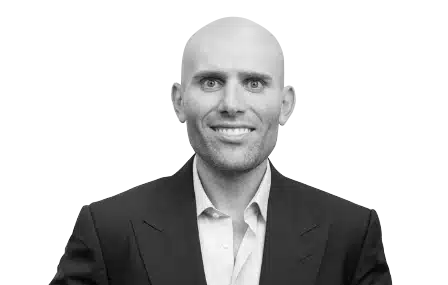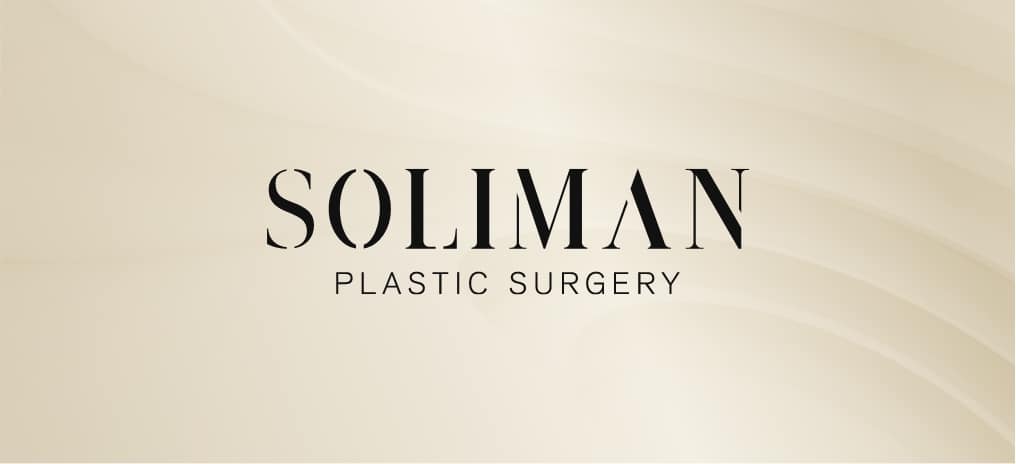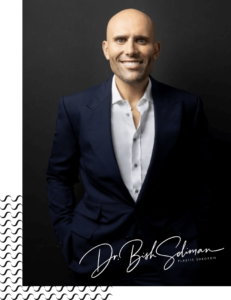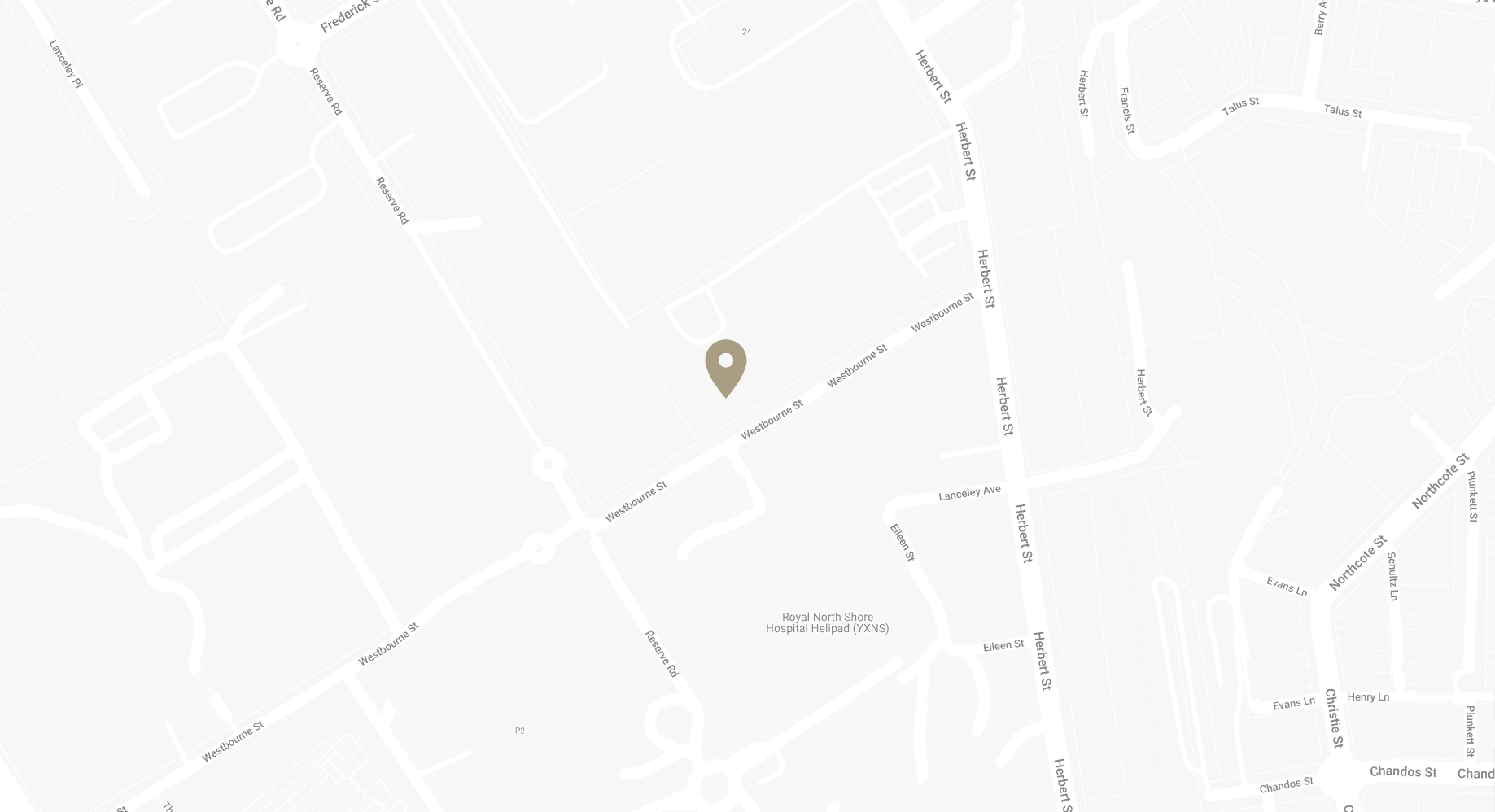How Smoking Can Affect Plastic Surgery Results
When you think of the factors that could influence the outcome of your plastic surgery, smoking before and after plastic surgery may not be the first thing that comes to mind. However, the correlation between plastic surgery and smoking is a significant one that should not be overlooked. Plastic surgery is a delicate procedure that involves altering, reconstructing, or restoring different parts of the body. It’s not just about enhancing your aesthetics; it’s also about making sure that you’re in the best possible health to ensure a successful procedure and recovery.
Smoking, on the other hand, is known to have numerous health risks. It is detrimental to your overall health and can be especially harmful when undergoing plastic surgery. The toxins found in cigarettes can interfere with the body’s ability to heal, impacting the success of the procedure and the result. Understanding the relationship between these two aspects is vital for anyone considering a plastic surgery procedure.
Plastic surgery and smoking are two factors that don’t mix. While plastic surgery aims to improve your physical appearance, smoking can undermine these goals. Therefore, if you’re a smoker who’s considering plastic surgery, it’s time to understand the impact of your habit on your procedure and why you need to quit now.
Sydney Specialist Plastic Surgeon Dr Bish Soliman is committed to helping his patients achieve optimal results with plastic surgery.
The Impact of Smoking on Health
There’s no debate about the harmful effects of smoking on health. It affects almost every organ in your body and can lead to many diseases. Smoking is a leading cause of cancer, heart disease, stroke, lung diseases, diabetes, and chronic obstructive pulmonary disease, which includes emphysema and chronic bronchitis.
Furthermore, smoking increases the risk for tuberculosis, certain eye diseases, and problems of the immune system, including rheumatoid arthritis. It also causes peripheral artery disease and arterial stiffness, leading to the hardening of the arteries. Not to mention, smoking affects the health of your teeth and gums and can affect your sense of taste.
The impact of smoking on your health is far-reaching and detrimental. But how does it specifically affect your plastic surgery results? That’s the question we’ll discuss next.
How Smoking Affects Plastic Surgery Results
Smoking affects plastic surgery results in several ways. Firstly, the nicotine in cigarettes causes blood vessels to tighten, which reduces the blood flow to the tissues. This is problematic during surgery as it means that less oxygen and nutrients are reaching the areas that need healing. Consequently, this can lead to wound complications such as infection, necrosis (tissue death), and delayed healing.
Secondly, smoking increases the risk of complications during anaesthesia. Smokers are more likely to experience issues with breathing during or after surgery and may have a higher risk of pneumonia.
Lastly, smoking can affect the long-term results of the surgery. Because of the reduced blood flow, the final appearance after a procedure may not be as anticipated. For instance, in procedures like facelifts or breast surgeries, the skin may not heal correctly, leading to an unattractive and irregular skin surface.
Smoking and Plastic Surgery Complications
Now that we’ve discussed how smoking affects plastic surgery results, let’s delve deeper into the complications associated with smoking and plastic surgery.
A 2000 survey of ASPS (American Society of Plastic Surgeons) members found that approximately 50% of surgeons choose not to perform facelift surgery on active smokers. The complications included skin death, wound healing complications, and infection.
In other studies, smokers were found to have a higher rate of complications such as necrosis, wound dehiscence (separation of areas that are stitched or stapled together), and infection. The risk of these complications was found to be higher in smokers than non-smokers.
How Does Smoking Affect the Healing Process
The harmful effects of smoking on the body’s healing process post-surgery can be attributed to the chemicals found in tobacco. Nicotine, carbon monoxide, and hydrogen cyanide are a deadly trio when it comes to healing after surgery.
Nicotine causes the blood vessels to constrict, reducing the blood flow to the surgical area. Carbon monoxide binds to haemoglobin in the red blood cells, reducing the amount of oxygen that the blood can carry. Hydrogen cyanide inhibits the activity of the white blood cells, making it harder for the body to ward off infection and repair damaged tissue.
Why You Need to Quit Smoking before Plastic Surgery
Quitting smoking can reduce your risk of complications and improve your healing process post-surgery.
Smoking cessation is not just about stopping a few days or weeks before the surgery. Dr Bish Soliman recommends quitting at least six weeks before and after the procedure. This is because the body needs time to get rid of the harmful chemicals from cigarettes and increase the oxygen levels in the blood.
Moreover, it’s just as important to stay smoke-free after the surgery. Resuming smoking can interfere with the healing process and negatively impact the results of the surgery.
Tips for Quitting Smoking Prior to Plastic Surgery
Quitting smoking can be challenging, but with the right approach and mindset, it’s achievable. Here are some tips to help you quit:
- Set a quit date. This will give you a clear timeline and goal to work towards
- Seek support. Whether it’s from a friend, a support group, or a professional, having someone to lean on can make the process easier
- Use nicotine replacement therapy. This can reduce withdrawal symptoms and cravings
- Stay active. Regular physical activity can help distract you from cravings and reduce withdrawal symptoms
- Avoid triggers. If certain situations or places make you want to smoke, try to avoid them
- Practice relaxation techniques. Stress can trigger cravings, so techniques like deep breathing, yoga, or meditation can help
How Medical Professionals Can Help You Quit
Your GP can be a valuable resource in your journey to quit smoking. They can provide advice, support, and resources to help you quit. They can also prescribe medications to help with withdrawal symptoms and cravings.
In addition, your plastic surgeon will play a crucial role in this process. Dr Bish can explain to you the risks associated with smoking and plastic surgery and emphasise the importance of quitting for a successful procedure and recovery.
Smoking and plastic surgery don’t mix. Smoking can lead to complications, impact the healing process post-surgery, and affect the final results of the surgery. Therefore, if you’re a smoker considering plastic surgery, it’s crucial to quit smoking before and after the procedure.
Remember, quitting is not an overnight process. It requires commitment and determination. But with the right support and resources, you can overcome this habit and ensure a successful plastic surgery procedure. So, take the first step today and make the decision to quit.
Resources to Quit Smoking in Sydney – Australia
Quitting smoking can be a challenging journey, but numerous resources in Sydney and across Australia can help make the process more manageable. Here are some of the resources available for individuals seeking to quit smoking:
- Quitline (13 7848): Quitline is a confidential telephone service that provides advice and information about quitting smoking. It’s available nationwide and is staffed by trained professionals who can help with quit plans, strategies to deal with cravings, and general support throughout the quitting process.
- iCanQuit (icanquit.com.au): The iCanQuit website is based in New South Wales and offers a variety of resources, including personalised quit plans, stories from others who have successfully quit, and a variety of information on the benefits of quitting and how to do it.
- QuitCoach (quit.org.au): QuitCoach is an online program that develops a personalised quit plan based on your smoking habits and feedback. It tracks your progress and provides guidance based on your input, making it a more personalised journey.
- Quit for You – Quit for Two App: This is a smartphone app designed to support pregnant women in quitting smoking. It provides advice, information, and strategies on quitting smoking in a way that’s relevant to expecting mothers, considering their unique challenges and motivations.
- My QuitBuddy App: My QuitBuddy is an app developed by the Australian National Preventive Health Agency. It allows users to set quit smoking plans, get supportive messages, and track their progress. The app includes a community forum where users can share their successes and challenges with others.
- Local Support Groups and Programs: Various local health units, community centres, and hospitals in Sydney and across Australia offer smoking cessation programs. These often include group support, one-on-one counselling, and even access to nicotine replacement therapies. Contacting your local community health service can help you find a program nearby.
- General Practitioners and Pharmacists: Healthcare professionals, including GPs and pharmacists, are valuable resources when attempting to quit smoking. They can provide medical guidance, prescriptions for smoking cessation medications, and referrals to specialised support services.
- Nicotine Replacement Therapy (NRT) and Medications: Various products are available to assist in quitting smoking, including patches, gum, lozenges, and prescription medications. These can be accessed over-the-counter at pharmacies or prescribed by a doctor, assisting with the withdrawal symptoms associated with quitting.
- The Australian Government Department of Health: The government’s health department provides resources and guidance on quitting smoking, including links to research and various support services available nationally.
- National Health Services Directory (nhsd.com.au): This directory can help individuals find local services, including GPs, pharmacies, and support groups, by simply entering their location.
Quitting smoking is a significant step toward a healthier life, and it’s essential to remember that support is available. Different people succeed with different methods, so it may be necessary to try various resources or a combination of them to successfully quit.
Further Reading about Plastic Surgery with Dr Bish Soliman
- Read Dr Bish’s Risks of Plastic Surgery Page
- Read Dr Bish’s Blog about All about Silicone Breast Implants
- Read Dr Bish’s Blog about How Effective Are Silicone Strips for Plastic Surgery Scars
- Read Dr Bish’s Blog about DIEP Flap Breast Reconstruction: What to Expect
- Read Dr Bish’s Blog about Finding The Best Plastic Surgeon in Sydney
- Read Dr Bish’s Blog about Plastic Surgery after Major Weight Loss



